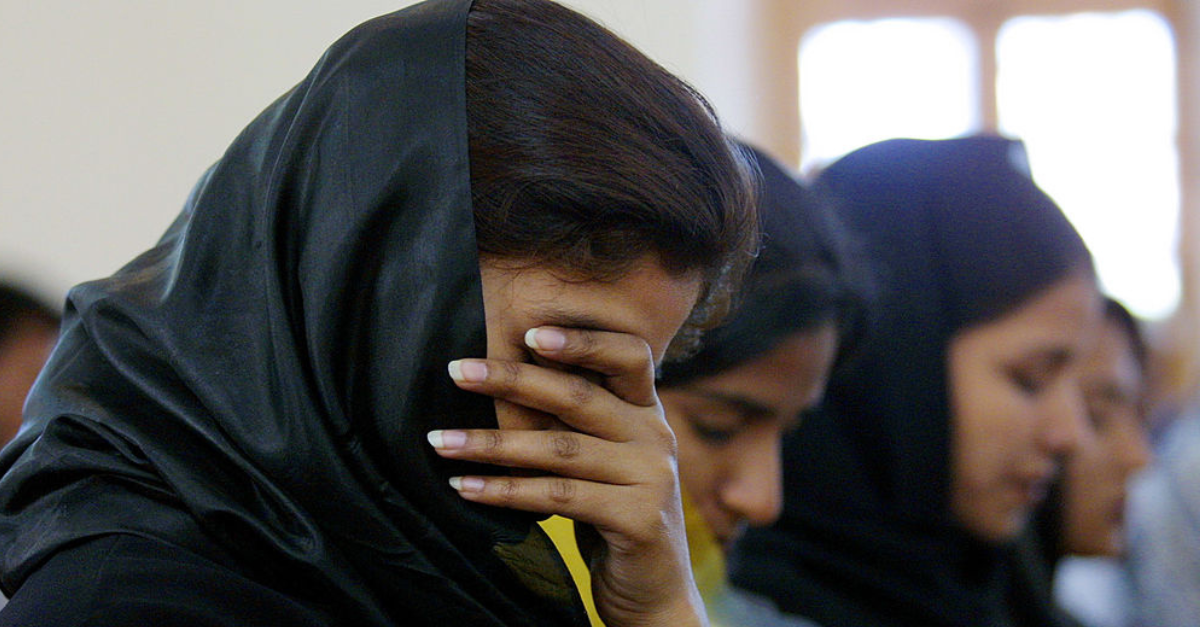
Zeeshan Yaqoob, Global Christian Relief
Pakistan has witnessed an increasing number of allegations of blasphemy against Christians over the past months, particularly since a Quran-burning incident took place in Sweden in January.
Allegations in the police report regarding the case in Sweden included claims that blasphemous content praised the Quran burning. Police in Pakistan managed to quell local anger regarding the incident in certain areas of the country, but they were unable to fully prevent the recent mob violence that broke out, targeting Christian families, neighborhoods, and churches.
On August 16, 2023, in Jaranwala, Faisalabad, Pakistan, two brothers were accused of desecrating the Holy Quran and insulting religious sentiments. This accusation quickly escalated into a violent rampage, resulting in the destruction of over twenty churches and dozens of homes. The aftermath left Pakistan’s Christian community in a state of constant fear, with threats of mob justice, false allegations, police arrests, and a lingering atmosphere of trauma for congregants, church leadership, and Christians living in southern Punjab.
A Recent Timeline of Recent Blasphemy Allegations:
The Jaranwala tragedy served as a catalyst for an alarming trend of blasphemy allegations, which further unsettled and traumatized the Christian community. Within just seven days of this incident, three additional cases of alleged blasphemy emerged, exacerbating the concerns regarding the safety of Christians in Pakistan.
August 20:
The first incident following the Jaranwala riots occurred in Sahiwal when Ehsaan Shan Masih, a 27-year-old Christian, faced allegations of posting blasphemous images on TikTok.
August 21:
Tensions escalated further in Madina Town, Faisalabad, when damaged Quran pages were discovered near a Christian residence, causing a Christian family to fear they would be blamed for damaging the pages. On the same day, in Sargodha, the discovery of burnt pages near a mosque ignited community outrage, risking the lives of Christians in the village.
August 24:
Rawalpindi’s Christian neighborhood experienced a collective panic and mass evacuation fueled by persistent blasphemy rumors.
August 25:
Sargodha was the site of yet another blasphemy report concerning burnt Quran pages. The report was registered against unknown persons. Christians again feared mob aggression and becoming targets of attack. In Mochipura, false allegations against a Christian sanitation worker’s family led to a panicked evacuation of Christians. They fled, fearing mob violence. The situation was defused after police intervention.
September 3:
Pastor Eleazer Sindhu, the priest of a local Church in Jaranwala, was stopped in the middle of the road. He was threatened to convert at gunpoint but refused and started reciting Bible verses. He was then shot. He was fortunate to survive this assassination attempt.
Pakistan’s Blasphemy Laws
Pakistan has a long history of misuse of blasphemy laws, which have been a source of contention between religious and secular forces in the country. The laws, which date back to the British colonial era, criminalize certain acts punishable by death or life imprisonment, including those deemed blasphemous towards the Holy Prophet, his family, and companions. However, the laws continue to be misused to persecute religious minorities, settle personal scores, and stifle free speech. In recent years, there has been a sharp rise in blasphemy cases and mob violence related to these laws, resulting in the extrajudicial killings of over 100 people.
The consequences of mob violence because of blasphemy allegations can be severe. Women and children often suffer the most, driven from their homes or mistreated at school. After witnessing these violent events firsthand, many local children have expressed flashbacks and anxiety.
Neina Samson, a local Pakistani Women, and Children’s Mental Health Expert, explained the mental conditions of victims, articulating that past persecution events have deeply impacted people, leaving them with triggers and fears. She highlights that the stress from these traumatic events lingers subconsciously, often resurfacing when triggered by overwhelming circumstances. The situation has particularly severe effects on children, as they have not yet developed the coping mechanisms to comprehend and express their feelings effectively. These unspoken fears can lead to mental health disorders like stress, anxiety, and depression.
Photo Courtesy: @GettyImages/Paula Bronstein / Stringer
The views in this commentary do not necessarily reflect those of Christian Headlines.
Global Christian Relief (GCR) is America’s leading watchdog organization focused on the plight of persecuted Christians worldwide. In addition to equipping the Western church to advocate and pray for the persecuted, GCR works in the most restrictive countries to protect and encourage Christians threatened by faith-based discrimination and violence.
LISTEN: How United Should the Global Church Be?
The views and opinions expressed in this podcast are those of the speakers and do not necessarily reflect the views or positions of Salem Web Network and Salem Media Group.
WATCH: 5 Signs Your Church Might Be Heading Toward Progressive Christianity
Stock Footage & Music Courtesy of Soundstripe.com Thumbnail by Getty Images
